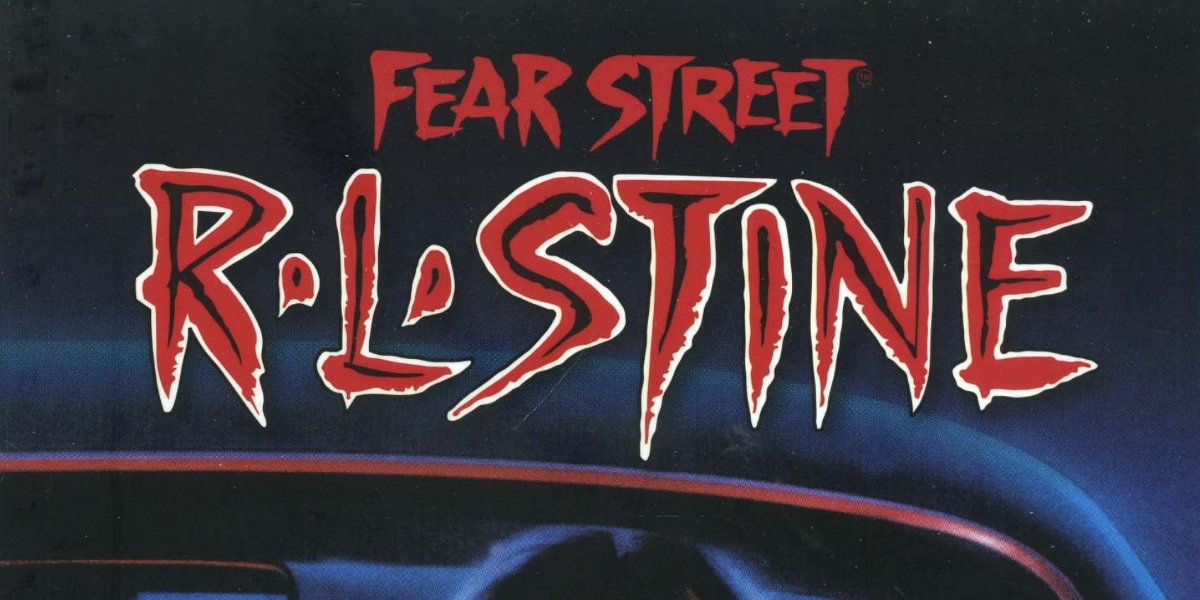
A major studio developing movies based on a beloved set of books is nothing new – this time around 20th Century Fox has recruited Honeymoon director Leigh Janiak to adapt and direct Fear Street – but their distribution plan for these films is very interesting.
Fox has set a deal for Janiak to write three separate scripts that could not only be shot back-to-back, but also released theatrically back-to-back, with each film hitting cinemas one month apart. Is this the beginning of film bingeing?
With the rise of VOD and streaming, smaller films are often being released on the over-the-top platforms, with multiplexes mainly showcasing blockbuster and franchise movies. This had led to a shift in how audiences consume their media, and the binge watching method has become popular, usually with TV shows of multiple episodes.
What Fox is looking to do is perhaps keep interest in their product at the top of the pop culture psyche for a few months. Instead of just releasing a solitary film and leaving audiences to wait at least a year for another, which would deflate any excitement over the first film (if it’s good), this method would, in theory, keep the Fear Street franchise on the minds and lips of consumers.
Fear Street, with its predominantly teen fanbase, is a good set of films to test this model out on, though whether it has a far-reaching fanbase with the ability to affect the box office is questionable. It’s the younger generation who have predominantly been the focal point of binge watching though, and perhaps releasing the films a month apart will make them more of an event to see.
Whether Fox’s model works, and whether other studios attempt something similar, is up in the air. There’s the question of audience fatigue, and also the fact that releasing films years apart builds hype and in some cases, time washes the bad taste of a poor film away. What would the box office return be like for films #2 and #3 released a month after an absolute dud?
Whatever happens, it’s an intriguing time for cinema and the way films are distributed. Netflix and its competitors have changed the model, and if ticket sales begin to flounder over the next few years, expect to see studios try new methods like this one in order to stay afloat.
#Peace.Love.FearStreet








